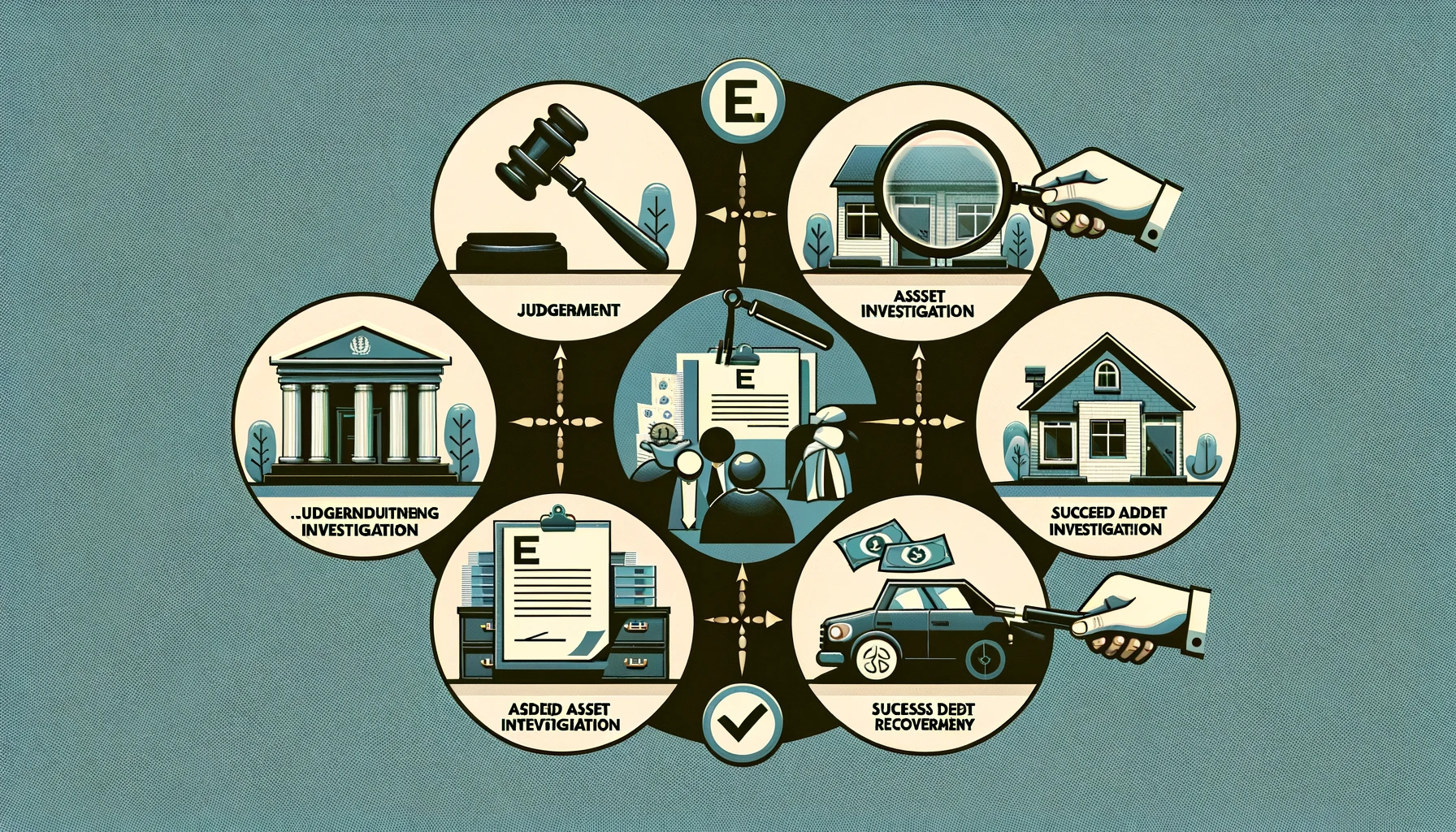Home » Judgment Enforcement for Logistics Companies

Judgment Enforcement for Logistics Companies
Judgment enforcement for logistics collections is a specialized legal procedure where companies in the logistics sector act to enforce court-ordered judgments against debtors. This process is vital when a logistics company has successfully litigated against a client or partner for unpaid dues and a court has mandated repayment. The enforcement involves identifying and seizing assets of the debtor, which can include garnishing bank accounts or redirecting payments from customers. This procedure is particularly crucial in the logistics industry, where cash flow and timely payments are integral to maintaining smooth operations and supply chain continuity. Effective judgment enforcement ensures that logistics companies can recover owed amounts, thereby safeguarding their financial health and operational continuity.
No Recovery? No Fee! Risk Free Collection.
- Daily Collections Updates
- Over 30 Years of experience in Commercial Debt Collection
- 14-Day Collection Average After Claim Submissions
- 500+ Litigation Attorneys Worldwide
How Judgment Enforcement Works For Logistics Collections
Obtaining a Court Judgment: The journey of judgment enforcement in logistics collections begins in the courtroom. Here a creditor – typically a logistics service provider or a collections agency representing them – files a legal claim against a debtor for unresolved financial obligations such as unpaid freight charges or breach of service contracts. Success in court results in a legal judgment affirming the debt. This judgment is crucial as it provides the legal basis for the creditor to initiate further collection actions.
Enforcement Mechanisms: Armed with a court judgment the creditor can engage various legal strategies to enforce the debt. Techniques include garnishment where the debtor’s bank accounts or incoming payments are seized; asset levying involving the confiscation and sale of the debtor’s property; and the implementation of liens on properties detailed on our lien services page. Each method has its procedural nuances and legal requirements ensuring the enforcement process is conducted within the bounds of the law.
Challenges and Legal Compliance: Enforcing a judgment in the international logistics sector can be particularly daunting. Debtors may not have easily accessible assets or they might deliberately avoid payment leading to complex asset investigations. Additionally collecting debts across borders involves understanding and complying with various international laws and regulations. This complexity underscores the importance of adhering to legal standards throughout the collection process. Often the expertise of legal professionals specialized in international debt recovery and judgment enforcement is crucial to navigate these challenges effectively and lawfully ensuring a fair and successful outcome.
.
LOGISTICS COLLECTION AGENCIES IS A PROUD PARTNER OF THE ELITE COLLECTIONS AGENCY DEBT COLLECTORS INTERNATIONAL
Over a Decade of Successful Collections

2200 Lucien Way Maitland, FL 32751
